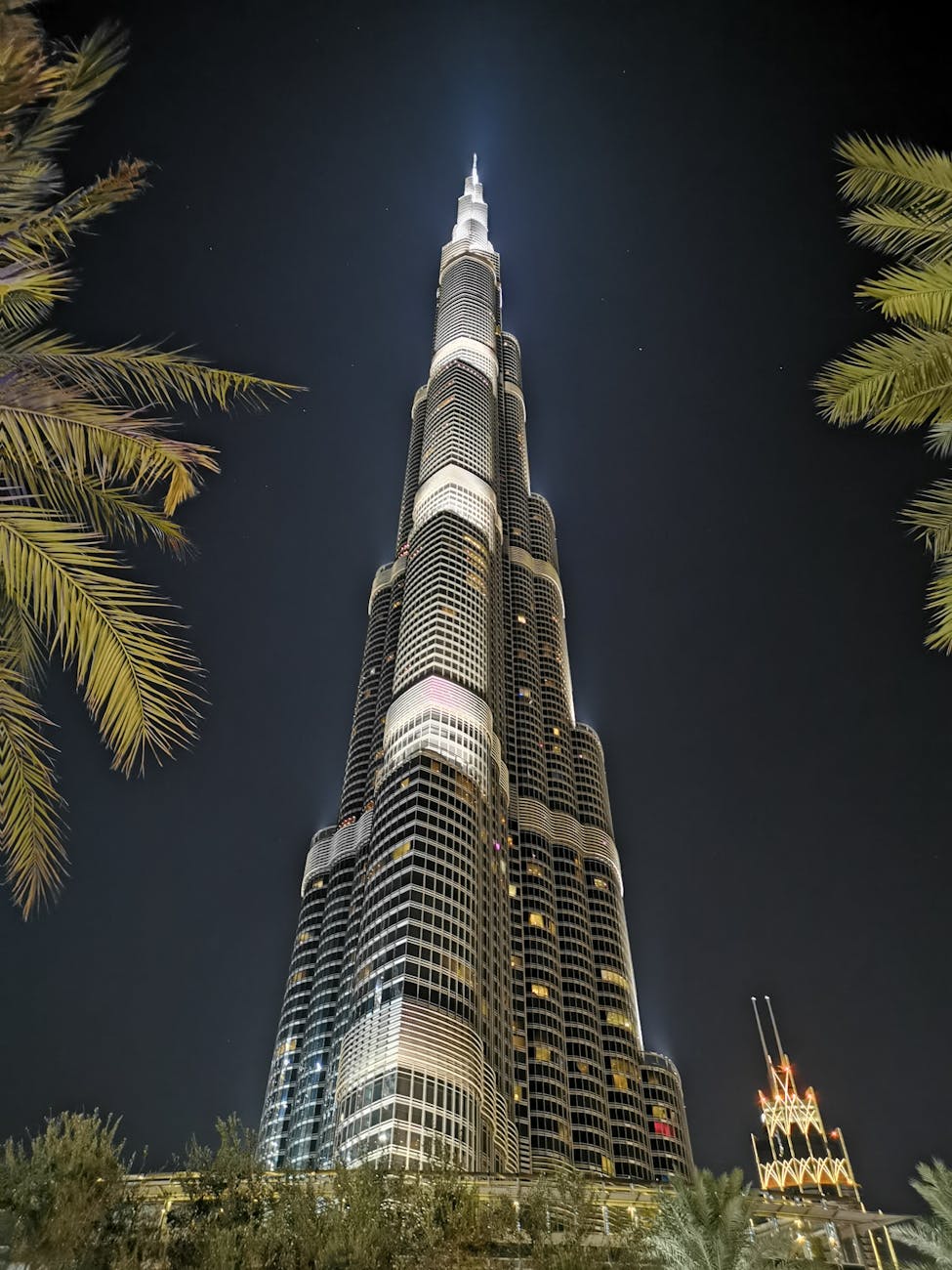Dubai’s real estate market has garnered international attention for its rapid growth, spectacular projects, and appeal to foreign investors. For many years, it’s been a magnet for those seeking high returns, tax advantages, and a stake in one of the world’s most vibrant cities. To understand Dubai’s real estate market potential, let’s consider how a $1 million investment would have appreciated over the past 20 years and 10 years.
Dubai’s Real Estate Market: A Brief Overview
Since the early 2000s, Dubai’s real estate market has transformed from an emerging opportunity to a global hotspot. The emirate introduced freehold property laws in 2002, allowing foreigners to buy property and encouraging a surge of international investment. Iconic developments like the Palm Jumeirah, Burj Khalifa, and Dubai Marina redefined the city’s landscape and positioned it as a world-class destination.
20-Year Investment: The Boom Era (2004 to Present)
Imagine investing $1 million in 2004, shortly after Dubai’s property market opened to international buyers. During the 2004–2008 boom, property prices increased by up to 80% annually. However, in 2008, Dubai experienced a significant downturn due to the global financial crisis, which caused prices to drop by nearly 50%. Despite this, the market eventually recovered, with growth resuming in the 2010s, spurred by an influx of foreign buyers, infrastructure improvements, and major events like Expo 2020.
An initial $1 million investment in prime areas such as Downtown Dubai or Dubai Marina could be valued between $3 million and $4 million today, depending on location, property type, and appreciation rate. Despite market fluctuations, the long-term trend has been positive, especially as Dubai emerges as a premier location for global expats and international business.
10-Year Investment: Stability and Maturity (2014 to Present)
By 2014, Dubai’s real estate market was in a more stable phase, recovering from the 2008 crisis but seeing steady growth. A $1 million investment made in 2014 would have benefited from a less volatile market, with more stabilized annual appreciation rates. The market grew at a more modest rate, averaging 5-7% annually, with brief dips during the 2015 oil price decline and the global COVID-19 pandemic in 2020. Since then, Dubai’s luxury property market has seen rapid appreciation, partly due to pandemic-driven demand for more spacious living.
For a $1 million investment made in 2014, values in high-demand areas like Palm Jumeirah, Business Bay, or Jumeirah Beach Residence would now range between $1.7 million and $2.2 million, depending on property quality and location. Although these returns are lower than the 20-year scenario, they underscore Dubai’s resilience and consistent growth potential even in a maturing market.
Factors Driving Dubai’s Real Estate Growth
Several factors continue to make Dubai’s property market attractive for investors:
- Tax-Free Gains: Dubai has no capital gains or property taxes, which maximizes net returns for investors.
- Residency Incentives: Property investment of $500,000 or more allows for a residency visa, an appealing benefit for international buyers.
- Infrastructure and Lifestyle: Continuous investment in infrastructure, luxury amenities, and an appealing lifestyle make Dubai a top choice for high-net-worth individuals.
- Regulatory Framework: The introduction of the Real Estate Regulatory Authority (RERA) has enhanced investor protection and transparency, further boosting confidence.
Strategic Insights for Offshore Investors
While Dubai has proven lucrative, it’s essential to consider market cycles and regional dynamics when investing. The emirate’s commitment to innovation, tax-free incentives, and luxury living ensures it will remain an attractive choice, especially for offshore investors.
Whether you invested two decades ago or are just entering Dubai’s real estate market, the city’s commitment to growth, resilience, and investor benefits offers promising returns. At Invest Offshore, we continue to identify and offer attractive global opportunities, including investments in Dubai’s real estate market and beyond, with high potential returns for offshore investors.

Leave a Reply